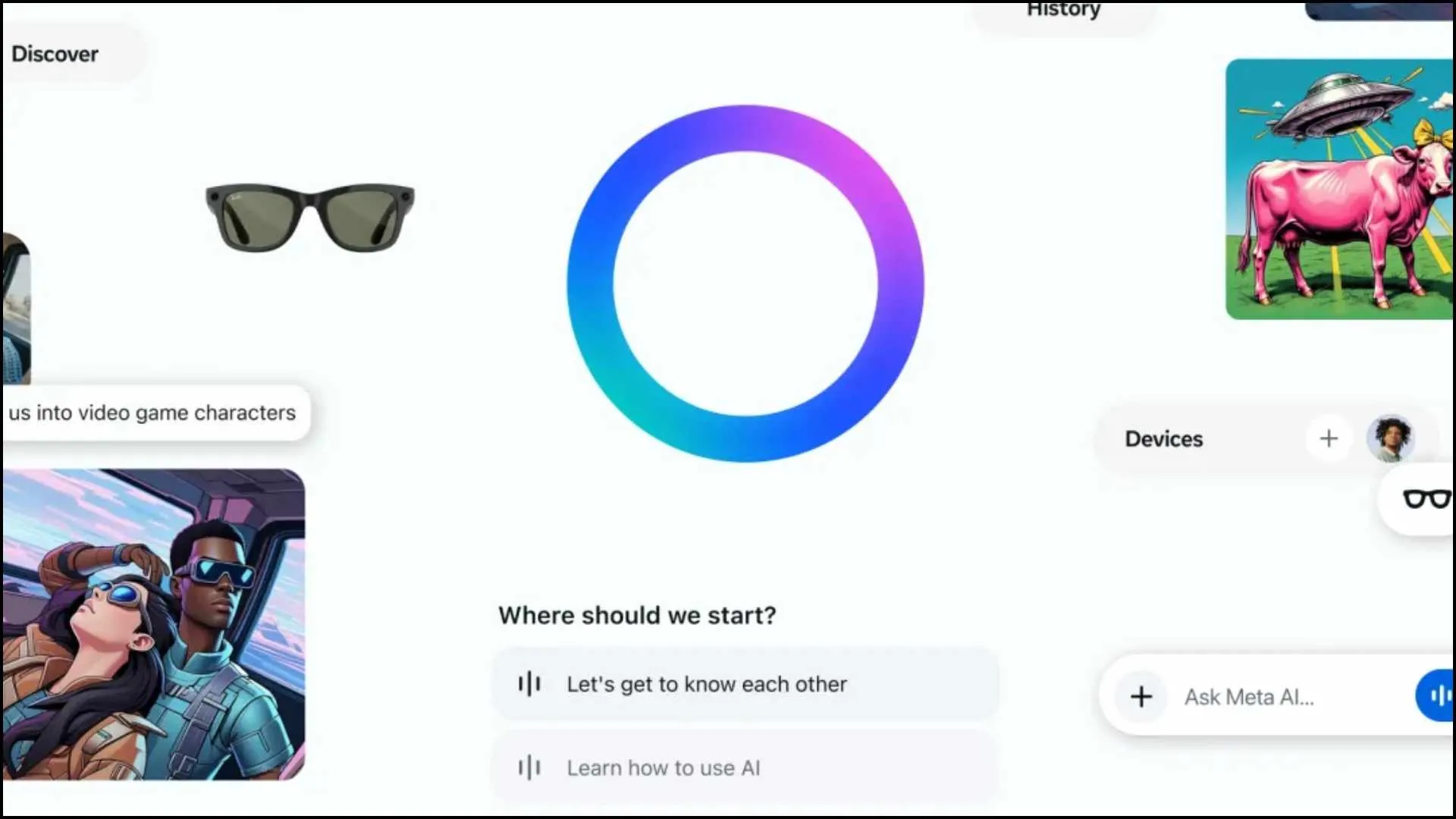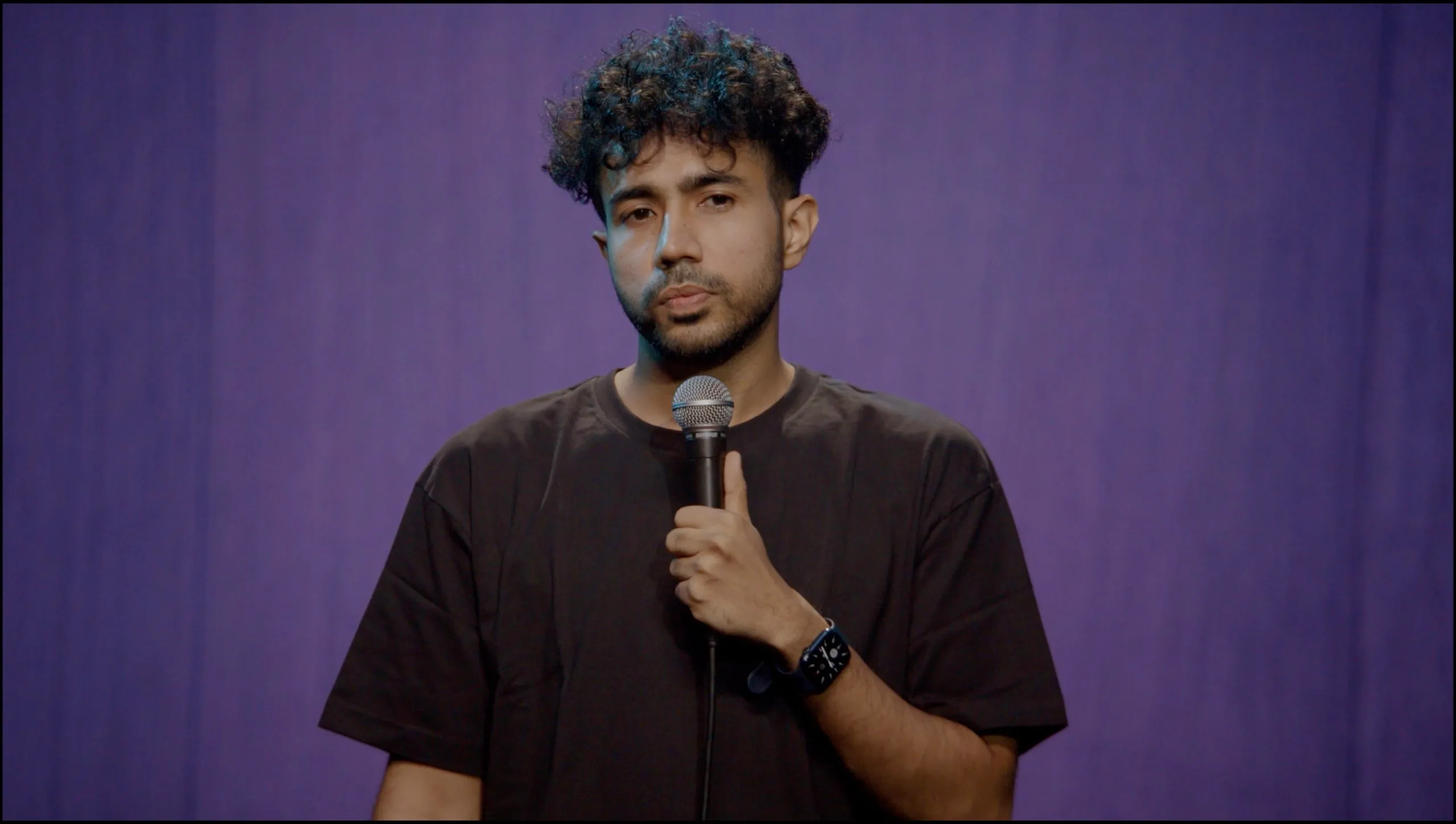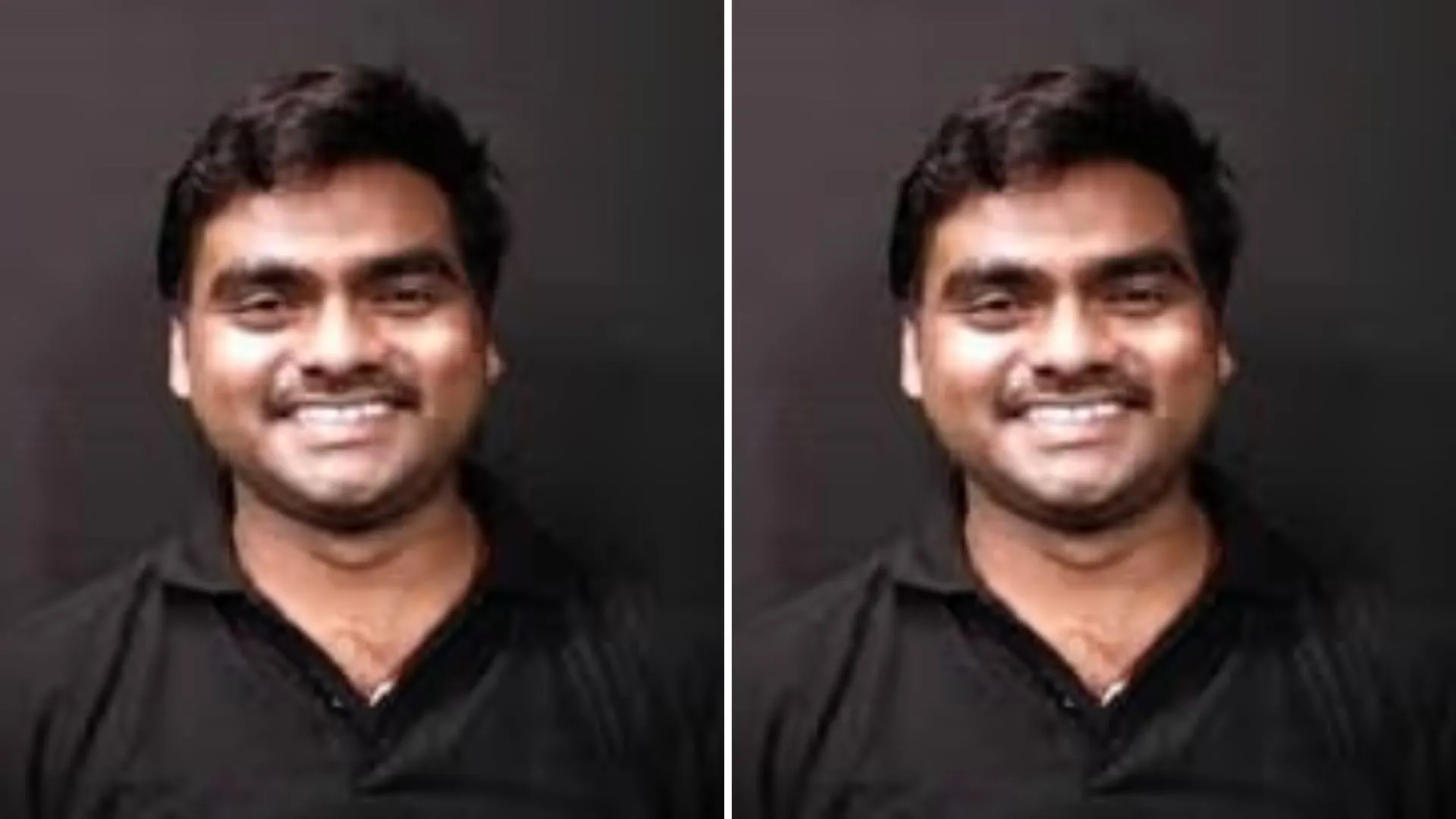Renowned actor Fahadh Faasil, known for his roles in films like ‘Aavesham,’ recently made a candid revelation about his mental health during the inauguration of a school in Kothamangalam. The actor disclosed that he was diagnosed with Attention Deficit Hyperactivity Disorder (ADHD) at the age of 41, shedding light on a condition often associated with childhood.
Speaking at the inauguration of the Peace Valley School, which specializes in rehabilitating children with special needs, Fahadh Faasil shared his journey with ADHD. He recounted, “While walking through the premises of the school, I inquired whether it’s easy to cure ADHD. I was told, if diagnosed in childhood, it is possible. I asked whether it could be cured if diagnosed at 41. That’s when I was clinically diagnosed with ADHD.”
The actor’s openness about his diagnosis highlights the importance of awareness and understanding regarding mental health issues.
What is ADHD?
Attention Deficit Hyperactivity Disorder (ADHD) is a neurodevelopmental disorder that typically manifests in childhood but can continue into adulthood. It is characterized by persistent patterns of inattention, hyperactivity, and impulsivity that interfere with functioning or development.

Symptoms of ADHD
ADHD symptoms are divided into two main categories: inattention and hyperactivity-impulsivity. These can manifest in various ways, including:
Inattention:
– Difficulty sustaining attention in tasks or play activities
– Frequent careless mistakes in schoolwork or other activities
– Trouble organizing tasks and activities
– Avoidance or reluctance to engage in tasks that require sustained mental effort
– Frequently losing items necessary for tasks (e.g., toys, assignments, tools)
– Easily distracted by extraneous stimuli
– Forgetfulness in daily activities
Hyperactivity-Impulsivity:
– Fidgeting with or tapping hands or feet
– Inability to remain seated in situations where expected
– Running or climbing in inappropriate situations
– Difficulty playing or engaging quietly in leisure activities
– Excessive talking
– Interrupting or intruding on others’ conversations or games
– Difficulty waiting for their turn
Diagnosis of ADHD
Diagnosing ADHD involves a comprehensive evaluation by a healthcare professional, often a psychiatrist, psychologist, or pediatrician. The process includes:
1. Clinical Interview: Gathering detailed personal, medical, and family history.
2. Behavioral Questionnaires: Utilizing standardized ADHD rating scales and checklists completed by parents, teachers, and the individual.
3. Observation: Assessing behavior in different settings (home, school, work).
4. Medical Examination: Conducting a physical examination to rule out other conditions that might mimic ADHD symptoms.
Seriousness of ADHD
While ADHD is a chronic condition, its severity can vary widely among individuals. Untreated ADHD can lead to significant problems in various aspects of life, including academic, occupational, and social functioning. However, it is not considered a life-threatening disorder.

Treatment and Management
ADHD can be managed effectively with a combination of treatments:
1. Medication: Stimulant medications (e.g., methylphenidate, amphetamines) and non-stimulant medications (e.g., atomoxetine) can help improve focus and reduce hyperactivity and impulsivity.
2. Behavioral Therapy: Cognitive-behavioral therapy (CBT) and other behavioral interventions can help individuals develop coping strategies.
3. Educational Support: Specialized educational plans and accommodations can assist in managing academic challenges.
4. Lifestyle Changes: Regular exercise, healthy diet, structured routines, and sufficient sleep can help manage symptoms.
Is ADHD Life-Threatening?
ADHD itself is not life-threatening. However, individuals with untreated ADHD might be at higher risk for accidents or engaging in risky behaviors. Early diagnosis and appropriate management are crucial in mitigating these risks.
Fahadh Faasil’s diagnosis of ADHD brings an important issue into the public eye, emphasizing the need for awareness and understanding of this condition. With proper diagnosis and treatment, individuals with ADHD can lead successful and fulfilling lives. As Faasil navigates this diagnosis, his openness can inspire others to seek help and manage their ADHD effectively.






















